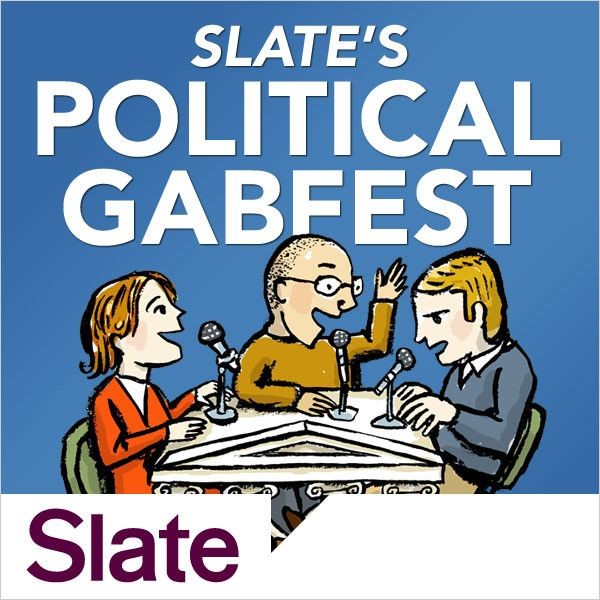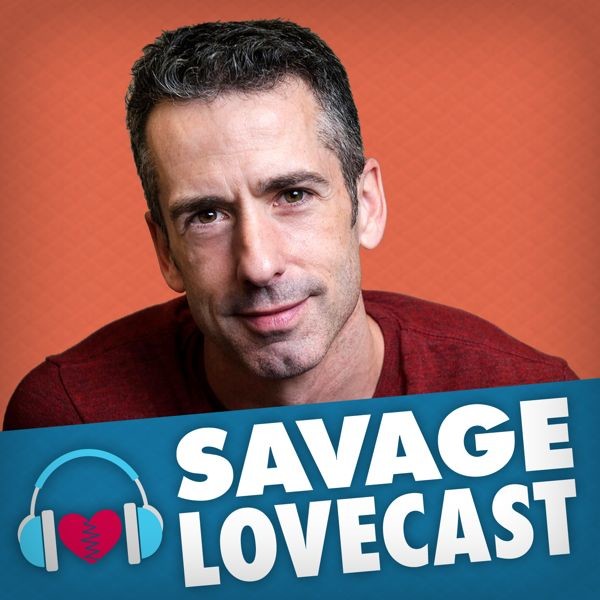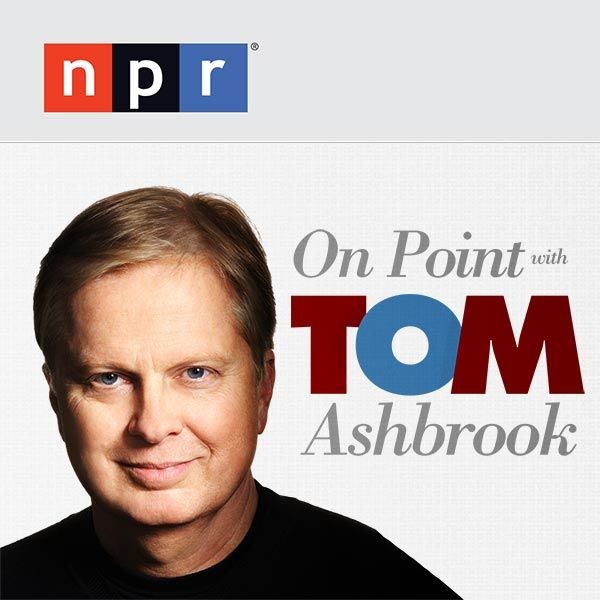Journal #41: The Unseen Helper
by Miles Raymer
There are many reasons I decided not to apply to graduate school back in 2012, but one of the most significant was that I discovered podcasting. The podcast is one of the most important technological inventions of the last decade, especially for people interested in creating and consuming spoken media. It represents the resurgence of radio in a new era where individuals can pick and choose audio information from a bottomless and growing repository of news, entertainment, and critical sources––all of which are available for free.
As someone who spends a lot of time doing physical labor, podcasts have allowed me to pursue my intellectual interests and stay informed about current events in a way that wouldn’t have been possible just a few years ago. At this point in my life, I consume roughly 20-30 hours of podcasts a week. They are my unseen helpers––little pockets of insight and entertainment that carry me through the day. For this journal entry, I’d like to take some time to share my personal thoughts about podcasting and recommend some of my favorites.
Podcasts have greatly improved the quality of my working life, and have also given me access to broad perspectives on national and global news that I didn’t have in my teens or early 20s. 21st-century humans are dealing with what some writers have called the “fire-hose” problem: We are inundated with information, and we don’t always have the tools and/or knowledge to effectively sort it. Podcasts are one of the best ways to condense information, draw from a variety of sources, and make the details of complex events and problems accessible and analyzable for regular citizens; they help us drink effectively from the information “fire-hose.”
Although helpful in many ways, podcast consumption also has its downsides. Recent research on the myth of “multitasking” has shown that, contrary to popular belief, people are actually not capable of doing multiple things at once, at least not in a strict sense. Instead, a brain trying to do multiple things at once will rapidly shift its focus from one activity to another, usually with the result of devoting less attention to each task. Podcasts can certainly detract from overall productivity in this sense. They can be distracting if I am trying to learn something new or execute a gardening/building task that requires my full attention or careful checking that I’ve not missed something. Obversely, even when I’m doing something that doesn’t require a lot of attention, my focus is still split between physical activity and audio content, which can lead to poor retention and sometimes misunderstandings of complicated arguments or conceptual transitions. I try to compensate for these pitfalls, but sometimes my mind gets confused and my work suffers, especially if I’m already tired for other reasons. Americans are by and large uncomfortable with silence (especially in our own heads), so I try to acknowledge the moments when I’m no longer retaining anything and would be better off taking a break.
There is also the problem of media acting as an echo chamber where some stories and ideas gain traction and others don’t––not always because of merit. I do my best to seek information from multiple sources with varying views, but I’m also culling (both consciously and unconsciously) people and ideas against which I have innate biases. It’s just an inescapable reality of the modern media environment.
Despite these difficulties, I believe the overall effect of podcast consumption on my daily life is a huge net gain. When interacting with friends, family, and coworkers, I can discuss a much wider variety of topics than in the past, and in more detail. I’m also more likely to have heard something interesting about a topic or idea brought up by someone else, which is very helpful for me as I’ve always had trouble making small talk, especially with strangers. Podcasts are my saving grace on long drives and days when work is monotonous or slow. And, best of all, podcasts allow me to access a whole intellectual world of minds and concepts that would otherwise be closed to me. While I am certainly not undergoing the kind of rigorous, specialized training I would have received in graduate school, I believe that podcasting, combined with my ongoing reading and writing, has offered me the next best thing. There are also ways in which my personal lines of inquiry are much broader and more diffuse than traditional academia tends to allow, which in my view is all to the good.
To wrap up, I’d like to offer brief descriptions of my top five favorite podcasts. Each one plays a critical role in my weekly routines, and represents some of the best audio journalism/media I’ve been able to track down over the last few years. I also picked podcasts that are not anywhere near the iTunes Top 10, in hopes that interested readers may not have already heard of them. Enjoy!
#5: The Slate Political Gabfest
I listen to the vast majority of Slate podcasts, and would recommend pretty much all of them without reservation. The Political Gabfest is my favorite. It’s a weekly show with Atlas Obscura CEO David Plotz, CBS News political analyst John Dickerson, and New York Times Magazine writer Emily Bazelon. These three have the best intellectual chemistry of any weekly news show I’ve heard, and their discussions about our nation’s politics have been hugely informative and influential to me over the last few years. Plotz is a lively and appropriately combative host, Dickerson represents the best parts of traditional American conservatism, and Bazelon is a passionate liberal bolstered by an impressive grasp of constitutional law and history of the US Supreme Court. Though an undoubtedly liberal-leaning discussion, the Slate Political Gabfest is my best source for informed and well-considered perspectives on domestic political issues.
#4: The Partially Examined Life
The Partially Examined Life is (in their own words) “a philosophy podcast by some guys who were at one point set on doing philosophy for a living but then thought better of it.” As I consider myself to be in that same general camp, it would seem this podcast and I were destined for each other. The podcast is hosted by four dangerously intelligent dudes: Mark Linsenmayer, Seth Paskin, Wes Alwan, and Dylan Casey. These guys read and discuss works of philosophy from all time periods, with the general goal of enlivening philosophical dialogue in the culture and making philosophical ideas accessible and relevant to the general public. Even though I am often critical of ideas and opinions aired on this show, I keep coming back because the discussions are so in-depth (often 2+ hours) and rich with interpretation, insight, and passion for intellectual inquiry. There’s just no other podcast like it, at least that I’ve encountered. Recommended for philosophy enthusiasts and as well as neophytes.
Singularity 1 on 1 is the podcast feature of Singularity Weblog, the passion project of Nikola Danaylov (AKA Socrates). Danaylov is a blogger who explores the technical and ethical issues surrounding futurism, transhumanism, and the technological singularity. The most continually astounding thing about his show is that his guests are almost always people I’ve never heard of, but who nevertheless have made contributions to science, technology, and/or art that affect the daily lives of almost everyone on the planet. Many of my favorite and most informative reads of the last few years have been written or recommended by guests on Singularity 1 on 1. My favorite thing about the show is Danaylov himself, whose philosophical background provides him with an ethical perspective that many futurists and technologists lack. Danaylov does an exceptional job of probing the ethical benefits and drawbacks of new inventions, social organizations, and philosophical debates that are critical components of humanity’s journey toward a scientifically enlightened and technologically advanced civilization.
A friend recently asked me: “Which one living person would you most want to have a beer with?” My first thought was that this would be a difficult question to answer, and my second thought was that my first thought was entirely bogus. The reason is because the answer is obvious: Dan Savage. Savage is a sex advice columnist and podcaster, and the Savage Lovecast is his weekly show where he answers the questions of listeners who call in for advice on love, sex, and relationships. Savage is one of my personal heroes––a man devoted to exposing and analyzing issues our culture too often sweeps under the rug. His podcast has given me a whole new set of ideas and words with which to process my own romantic and sexual experience, and has also exposed me to the huge variety of different sexual practices and interests that humans pursue all over the world. Savage’s advice is carefully considered, brutally honest, and always entertaining. I don’t always agree with him, but I love his presence in my life and eagerly look forward to each week’s podcast. (Disclaimer: Savage is foul-mouthed and unapologetically liberal in his political and social views, so his podcast may not be suitable/desirable for all listeners).
#1: WBUR’s On Point with Tom Ashbrook
I cannot say enough about how much I love On Point with Tom Ashbrook, a show that is in my opinion the best and most prolific source of audio journalism currently available. Ashbrook produces 8-10 hours of material per week, with each hour devoted to a different topic. The topics are about as diverse as possible for a single host to cover. I typically listen to all the shows each week––even ones that don’t align with my usual interests. Ashbrook’s critical thinking, journalistic integrity, moderation skills, and articulations of complex issues are all of the highest caliber. On Point hosts a huge range of knowledgeable professionals from all walks of life, and I couldn’t possibly count the number of intriguing ideas, books, and articles that have come to my attention solely because I listen to this show. Additionally, On Point is a call-in show that has accrued a highly intelligent listener base with members from all political, socioeconomic, racial, and religious backgrounds. These listeners play a dynamic role in every episode, demonstrating how the perspectives of an informed public oppose or concur with experts. On Point’s weekly news roundtable is also an especially fun and lively feature. This show is hands down my best and biggest single source for exceptional podcasting content.






I love it, Miles! I haven’t tried The Partially Examined Life yet, but will certainly add it to the roster. Podcasts have been a massive part of my life over the past years–almost as crucial to my inner life and learning as books. It’s been so fun to get to share my enthusiasm for them with you!
Also, there’s little better than “getting to know” the personality and perspective of a podcaster (or group) over time. It’s different from writing when you carry a voice in your head as you walk through your days.
Agreed on all counts. Make sure to screen which Partially Examined Life episodes you listen to, at least at first. Some of the more recondite topics probably won’t be of much interest to you.
Thanks for reading!